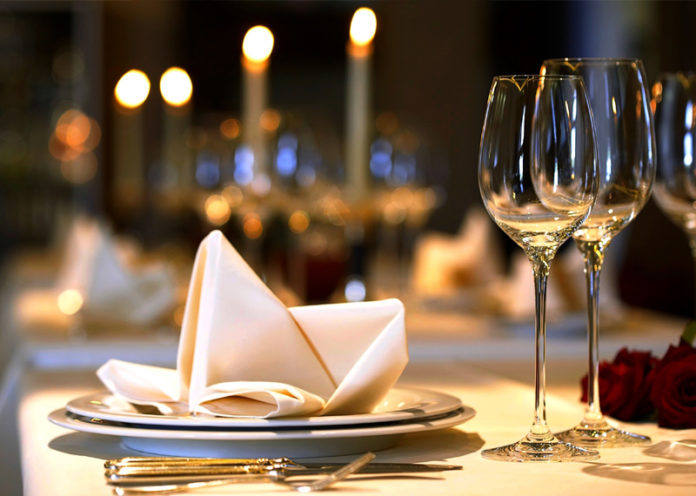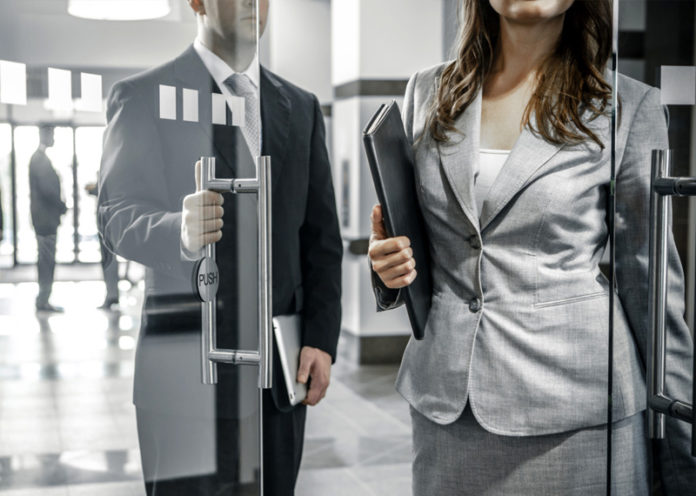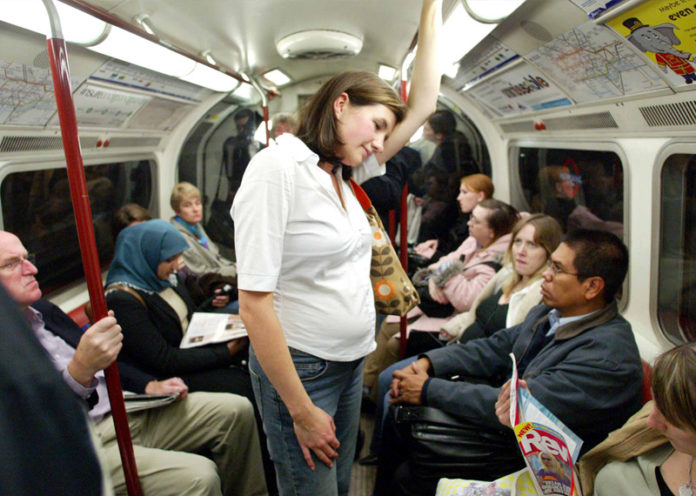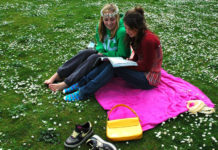Affiliate Disclaimer
Some links in this article are affiliate links. We may earn a small commission if you make a purchase through these links, at no extra cost to you. We only recommend products we find useful to our readersWhen you hear ‘etiquette’, what is the first thing that comes to your mind? All that comes to your mind is making a great impression, talking properly, and many more. Do you know that knowledge of etiquette makes it easy to make a great impression. Although when with friends or with family, there is no need to use dessert spoons or avoid phone, but there are many other occasions like dining with business colleagues or when out on a first date, where certain rules do apply. The main thing is to know where the boundary applies between following the rules on how to behave and seeming over-ingratiating others. As these are quite far from being the same. A degree of moderation is always important everywhere. Here, are some of the principle rules of etiquette’s, which can allow you to make a most favourable impression on people.
Rules of etiquette’s for all the occasions
1In the restaurants

- A man must open doors, allowing the ladies to enter first. Then helping them to take their coats off (if wearing any). if the table has been reserved before, then the man must find out where it is and lead the companion to it.
- It is offensive to laugh or talk loudly or at an excessive volume, or even stare at others diners.
- Also, the according to the golden rule, the person who is inviting must pay for the meal. However, if there is an impromptu meeting for lunch, where there is no table reserved, then each diner must pay for their own food. Here, in this case, you must keep the track of the spending, and warn the waiter in advance to make separate cheques, to avoid spending time on calculating.
- If your guests want to pay the cheque, then do not make a fuss or force some grubby notes on them. It is very polite if they want to treat you.
2At the table

- Not everybody has an excellent knowledge of table etiquette. Do not worry, it is forgivable. If you are in a restaurant, they will only give you the cutlery you need for the dishes you have ordered. If you think that you are lost in selecting a fork or a spoon for a particular dish, then ask the waiter for the advice. There is no need to feel embarrassed.
- If you have a habit of keeping your phone on the table, then the suggestion is to take the phones off the table. It looks rude when a business decision is taking place at the dining table.
- If you are going for a meeting, try to be on time. Being late excessively doesn’t, put you through the best light and making excuses about traffic, no longer cuts it. It is very unconvincing and is also unfair to those who are waiting for you. It is ok, to be 10 to 15 minutes late. But, if any late more than this, then it is necessary to call and also offer an explanation. if you think beforehand, that you might be late, then do not leave your call for the last minute, let them know in advance.
3Conversation

- People who know the etiquette, know that talking about personal affairs, children, habits, relations at work, ailments, cares, or tastes in a polite society is very rare. If there is no need then, they think it is useless to chit chat about what they did in the morning.
- These people only talk a little about their close family or in other words, they avoid gossiping.
- Listening is as much important skill as talking. This doesn’t mean simply that always being silent. To demonstrate that you are following what is said, look at the person speaking, and making interjections at appropriate intervals.
- A well mannered person, will seldom interrupt. No matter how many times they might have heard about the anecdote.
4Paying visits

- Previously, we have discussed being late. However, coming early can be even worse. We may catch the hosts moving tables, or our meals still being cooked.
- If your children are invited, then only bring them with you because not everyone can share your appreciation on this delight. Basically, only friends or relatives who are your guests, are considered permissible. This situation can be reasonable, as long as you warn the host in advance.
- If you are the guest, then remember, that it is impolite to refuse food. Any dishes have been offered you must receive them without hesitation. If you think that you are on a strict diet, then it is better not to accept any invitation. Do not discuss with your fellow diners on the details of your dietary problems, or dislike of any served food. You can leave the food on the plate, instead.
5Doors

- When, there is a door held open for you, then it is best to make a pass without a fuss. Unless the guests are men, they must go through the doors first. When showing a special respect around the office or at home, where there are several doors, then the politeness requires, the host to behave more appropriately to avoid jams inside the building.
6Public transport

- This is what we all know, that when there is an elderly lady or women carrying children is standing then a young and able bodied person must not sit.
- Men, who are well brought up, must only sit in the public transport, if there are no women standing near them. They must offer seats, immediately when they see a newly entered ladies enter. Men are mostly obliged to surrender the seats, most prioritizing to women who are elder and with heavy bags.
- When a lady is accompanied by a man, then that man must approach the exit first, to clear the way for her. She must get off the vehicle first and then her companion.
7In shops

- While making a purchase, in a shop it is worth to remember that it is a bad manner to burden the shop assistant with sudden changes or drawn out of indecisiveness.
- When you are approaching to check out, make sure that you have the money ready, instead of digging for change from the pocket or wallet at the last moment.
- The rhythm of the modern life mostly demands sharp and quick reactions. So, do not pause for long to count the change.
Tips To Have A Happier And Positive Mornings
By –


































